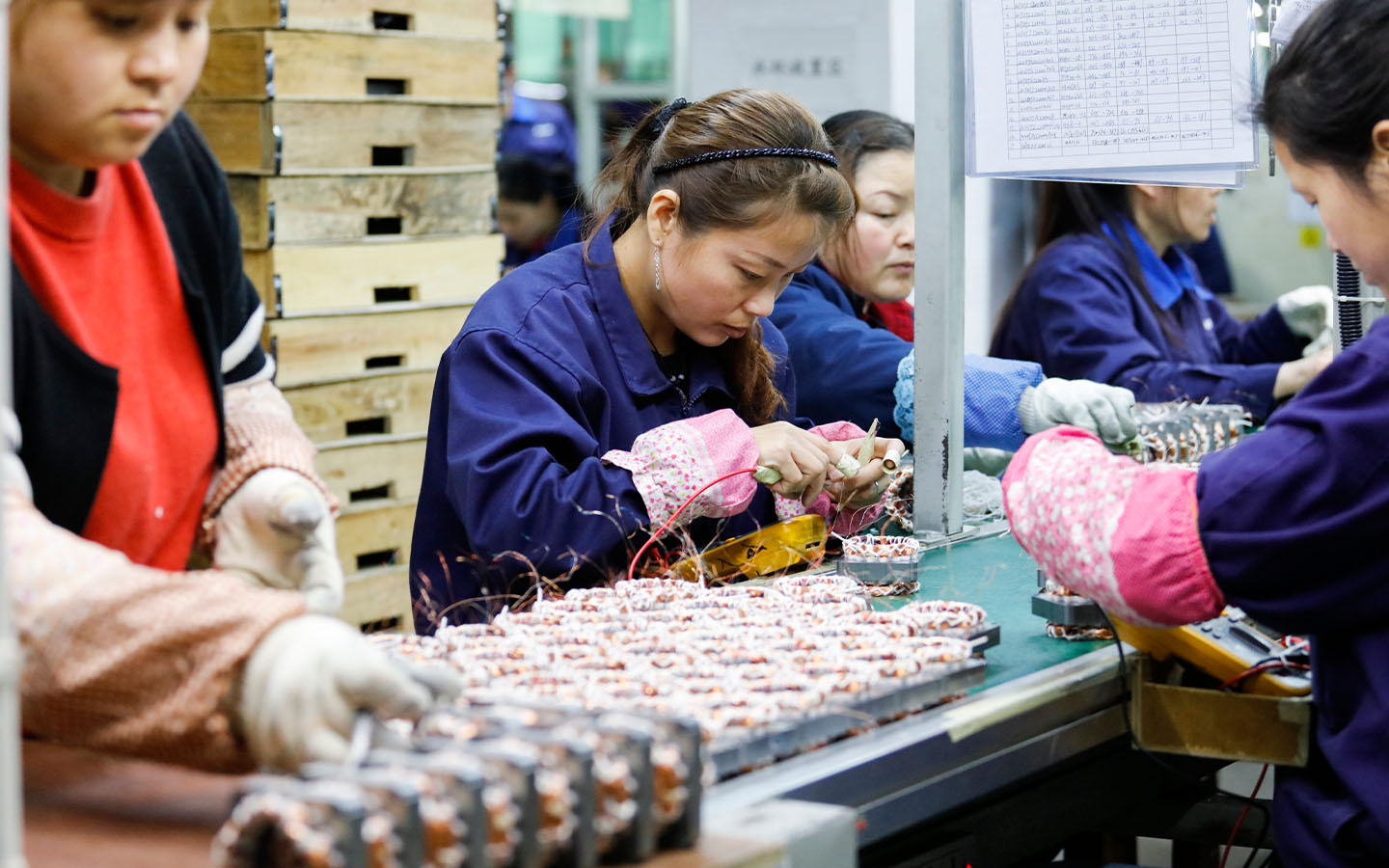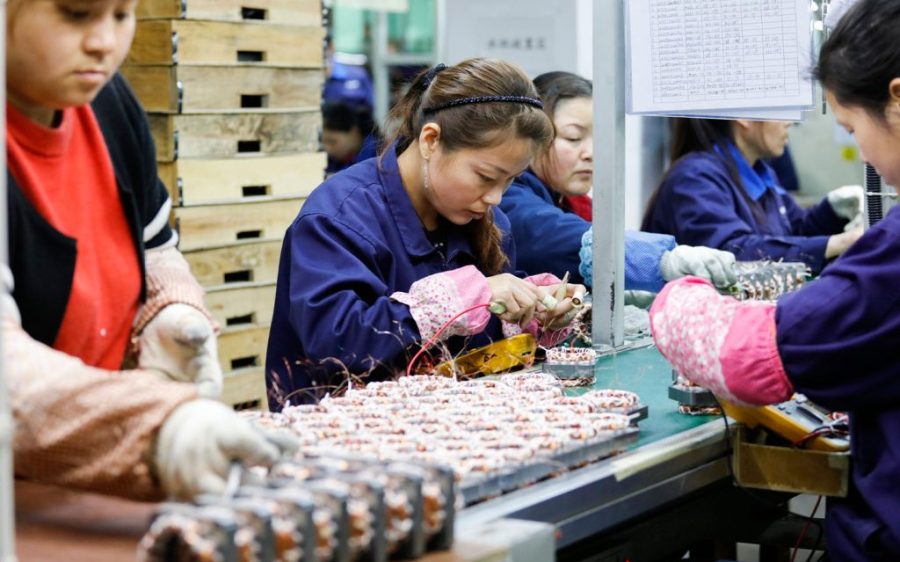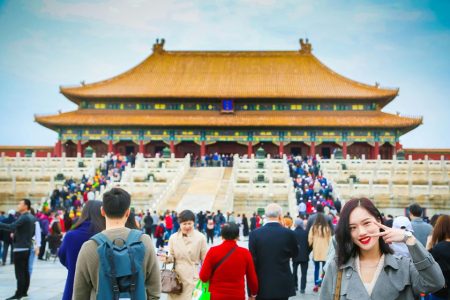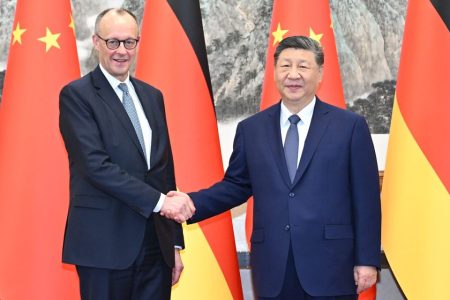China’s top leadership has pledged to crack down on excessive price competition and overcapacity in key industries, in a shift that could reshape how local governments attract investment and how companies operate in certain sectors, according to multiple media outlets.
Following a politburo meeting this week, party leaders said they would “address disorderly competition among enterprises according to the law” and called for stricter management of industrial overcapacity, state media says.
President Xi Jinping has separately warned of “involution,” a term used to describe wasteful and self-defeating competition.
Trade partners, including the US and European Union (EU), have repeatedly criticised China’s excess manufacturing capacity and claim that the country is flooding their markets with artificially cheap goods – a practice that undermines local rivals.
[See more: OECD downgrades its 2026 China GDP growth forecast]
Senior economist at Natixis Gary Ng noted a “stronger emphasis on recognising potential risks from demand-supply imbalance” in the wake of the politburo meeting.
He also said that while the government seemed more willing to tackle deflationary pressures and overcapacity in the manufacturing sector, “the stress has not pushed policymakers to commit to more immediate stimulus, as they only keep the options open if needed.”
Despite positive economic growth of 5.2 percent in the second quarter, the politburo has acknowledged that “risks and challenges are still rife.” The country’s leaders have said they would maintain “robust” macroeconomic policies and strengthen them if necessary.
Ding Shuang, chief Greater China economist at Standard Chartered, said that uncertainty in the real estate market and ongoing trade tensions between China and major trade partners were likely to be the major headwinds in the second half of 2025.






